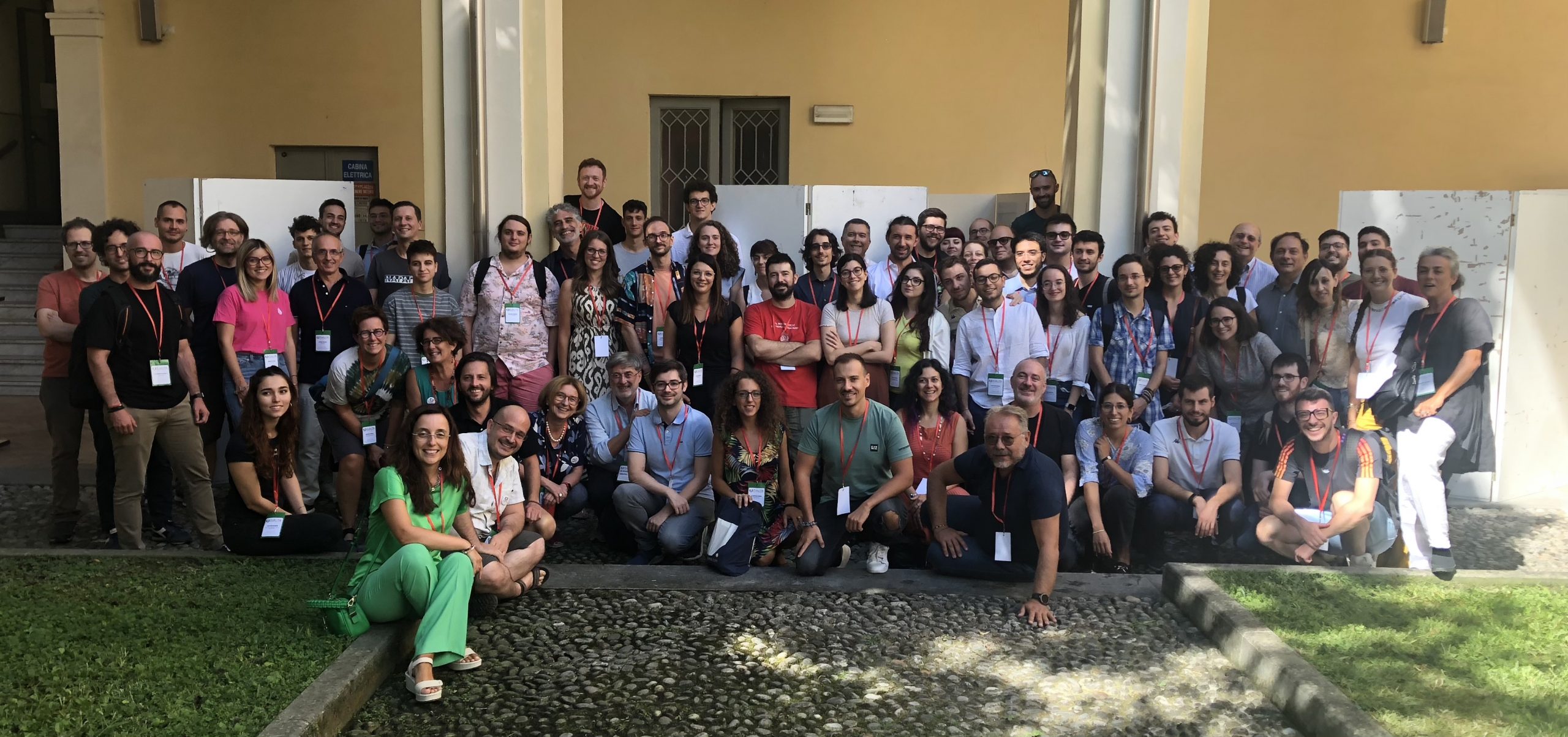Authors: Alessandro Lenci and Magnus Sahlgren
Title:
Editor: Cambridge University Press
Accces to book: here>
Distributional semantics develops theories and methods to represent the meaning of natural language expressions, with vectors encoding their statistical distribution in linguistic contexts. It is at once a theoretical model to express meaning, a practical methodology to construct semantic representations, a computational framework for acquiring meaning from language data, and a cognitive hypothesis about the role of language usage in shaping meaning.
This book aims to build a common understanding of the theoretical and methodological foundations of distributional semantics. Beginning with its historical origins, the text exemplifies how the distributional approach is implemented in distributional semantic models. The main types of computational models, including modern deep learning ones, are described and evaluated, demonstrating how various types of semantic issues are addressed by those models. Open problems and challenges are also analyzed. Students and researchers in natural language processing, artificial intelligence, and cognitive science will appreciate this book.

